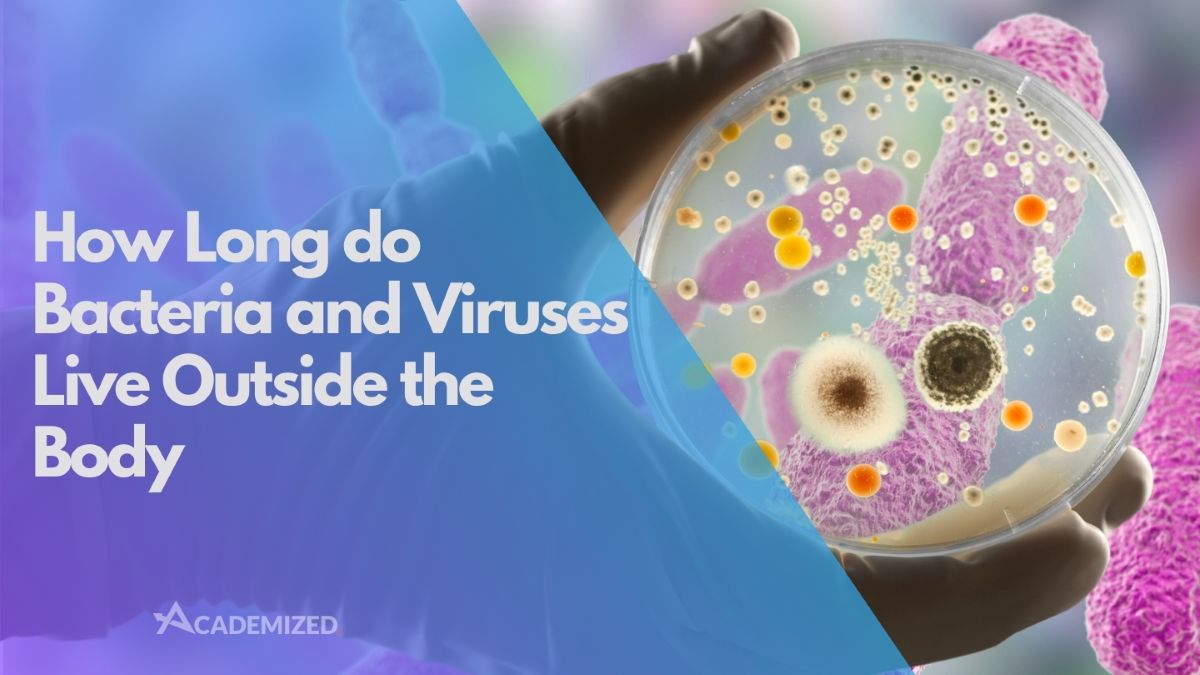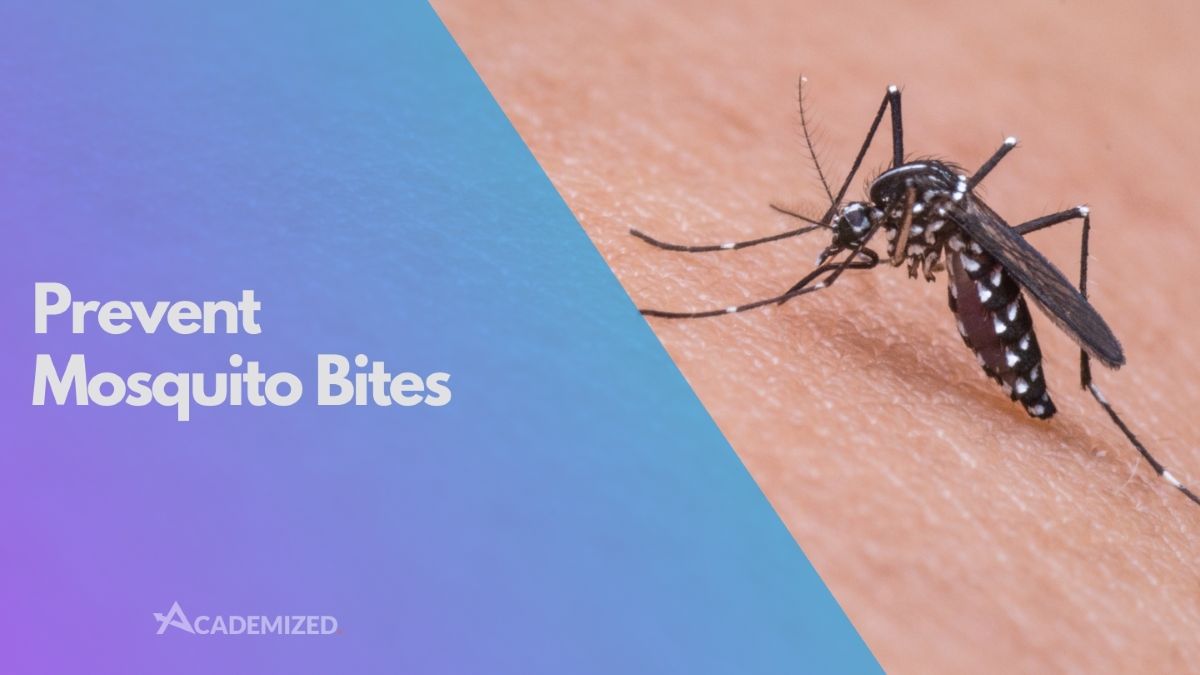
How Long do Bacteria and Viruses Live Outside the Body?
It depends on which bacteria or virus is present, the kind of surface they land on, and the surrounding environment, such as whether it is hot, cold, humid, or sunny.

Prevent Mosquito Bites
To reduce the risk of mosquito bites, use Environmental Protection Agency (EPA)-registered insect repellents containing one of the following active ingredients.

LGBT in Britain – Trans Report
A new report LGBT in Britain – Trans Report, highlights the alarming levels of discrimination and violence faced by trans and non-binary people in the UK. Conducted in partnership with YouGov, the research surveyed 871 trans and non-binary individuals, revealing a troubling picture of abuse, inequality, and fear.

Smartphone Users Worldwide Will Total 1.75 Billion in 2014
Global mobile phone adoption is steadily rising, with 4.55 billion people expected to use a mobile device in 2014, according to eMarketer’s report, “Worldwide Mobile Phone Users: H1 2014 Forecast and Comparative Estimates.” While the rate of growth is slowing, developing regions such as Asia-Pacific, the Middle East, and Africa will continue to drive increases in adoption. Mobile phone penetration is projected to rise from 61.1% of the global population in 2013 to 69.4% by 2017.

A New Way To Measure Word-Of-Mouth Marketing
Consumers have always trusted personal recommendations. Marketers can invest millions in elaborate ad campaigns, but what often influences a buyer’s decision the most is something simple and free: a word-of-mouth endorsement from someone they trust. As people navigate an overwhelming number of product options, traditional marketing messages often get ignored. However, word of mouth breaks through the noise efficiently.

Data and Statistics on Children's Mental Health
Mental disorders in children involve significant changes in how they learn, behave, or manage their emotions. These changes can cause distress and difficulties in daily life. Common mental disorders diagnosed during childhood include attention-deficit/hyperactivity disorder (ADHD), anxiety, and behavior disorders.

Global Consumers Support Companies Committed to Social Responsibility
A recent study found that 55% of global online consumers across 60 countries are willing to pay more for products and services from companies that prioritize positive social and environmental impacts. The desire to support socially responsible brands is strongest in Asia-Pacific (64%), Latin America (63%), and the Middle East/Africa (63%). In North America and Europe, the numbers are lower, with 42% and 40%, respectively.

What Are the 7 Chakras and How Can You Unblock Them?
If you’ve ever practiced yoga, tried meditation, received energy healing like Reiki, or even watched videos on these topics, you’ve probably come across the concept of chakras. These energy centers are often mentioned as essential to maintaining a healthy energy flow throughout the body.

Keep Your Cool in Hot Weather!
High temperatures lead to hundreds of deaths each year, yet these heat-related illnesses are preventable. In the U.S., approximately 1,220 people die annually from extreme heat. To avoid heat-related illness, it’s important to stay cool, hydrated, and informed. Excessive heat can harm your body if it’s unable to cool itself properly. Several factors can affect your body’s ability to stay cool in extremely hot conditions, including.

Body Image Report – Executive Summary
Body image refers to how we perceive, think about, and feel regarding our physical appearance. These perceptions and feelings influence our lives, including our self-esteem, mental health, and overall well-being. How we view our bodies can have a lasting impact, affecting how we feel about ourselves in the long run.
